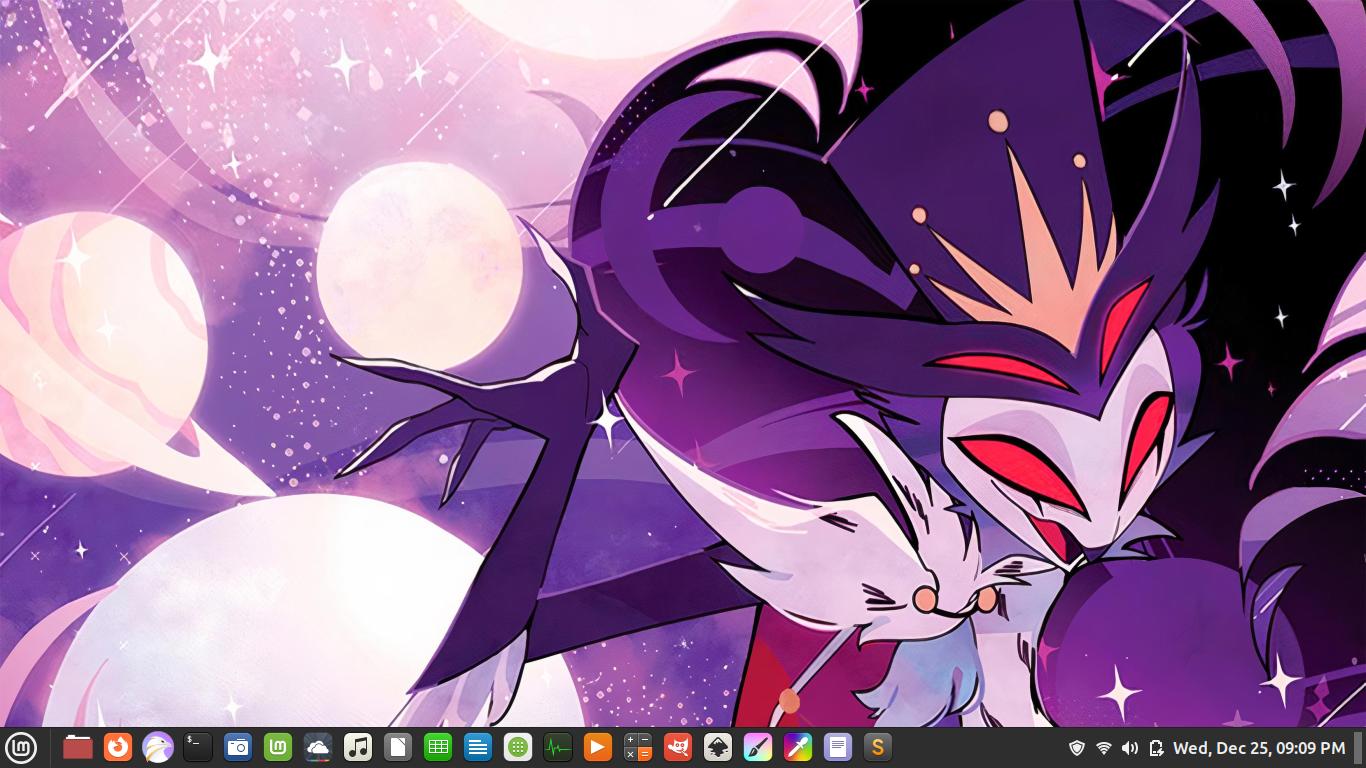this post was submitted on 26 Dec 2024
190 points (92.4% liked)
Linux
50908 readers
1247 users here now
From Wikipedia, the free encyclopedia
Linux is a family of open source Unix-like operating systems based on the Linux kernel, an operating system kernel first released on September 17, 1991 by Linus Torvalds. Linux is typically packaged in a Linux distribution (or distro for short).
Distributions include the Linux kernel and supporting system software and libraries, many of which are provided by the GNU Project. Many Linux distributions use the word "Linux" in their name, but the Free Software Foundation uses the name GNU/Linux to emphasize the importance of GNU software, causing some controversy.
Rules
- Posts must be relevant to operating systems running the Linux kernel. GNU/Linux or otherwise.
- No misinformation
- No NSFW content
- No hate speech, bigotry, etc
Related Communities
Community icon by Alpár-Etele Méder, licensed under CC BY 3.0
founded 5 years ago
MODERATORS
you are viewing a single comment's thread
view the rest of the comments
view the rest of the comments

Adopt windows file system with letterer partitions as the root. Plus most people who use computers are used to this paradigm already. Who ever came up with Linux's file system has poor organization skills
This would fundamentally break the Unix/Posix functionality of layering file systems. All containerization would break. You would lose the ability to map in one filesystem's content within another's. I don't think the right way to get people used to Linux is to fundamentally break it.
File managers - even the dogshit one you get with Gnome - already register external storage devices in a list that's shown no matter where in the file system you are. Assigning a drive letter doesn't clarify anything. What beginner/grandpa is even looking at the contents of the FS root?
I don't agree. It's just because you're used to drive letters.
I think Linux filesystem is better organised. Everything is (almost) well organised in the right folder.
It might be nicely organized but coming from windows the abbreviations can be downright confusing. For example:
Sure, this might be hyperbole and Windows has its own problems, the two different program files folders coming to mind first. But when you come from an OS where system folders are words instead of abbreviations Linux can be really confusing, especially if you are not that tech-savy.
I agree with you and the confusion which may arise with linux file system's nomenclature if one isn't used to it. However how many non tech-savy people would venture outside of /home? In my experience, a lot of people I know have no idea of what C: is and usually browse trough the usual documents, music, downloads and so on; in this case a user's home folder would virtually give them the same experience. If someone wants to go a little bit deeper, at one point has to understand that we are talking about different OSes and cannot expect everything to be 100% the same and should start learning what those differences are.
Also, nowadays the situation is even worse because young people don't even know what a file is. They just open the apps.
....wait. You forgot /dev
No, no, there's /home and stuff you need not worry about
MOST people use smartphones before they use PCs and none of them have drive letters. All use a unix-style structure internally and just hide this fact through abstraction layers. Not one chose to show drive letters.